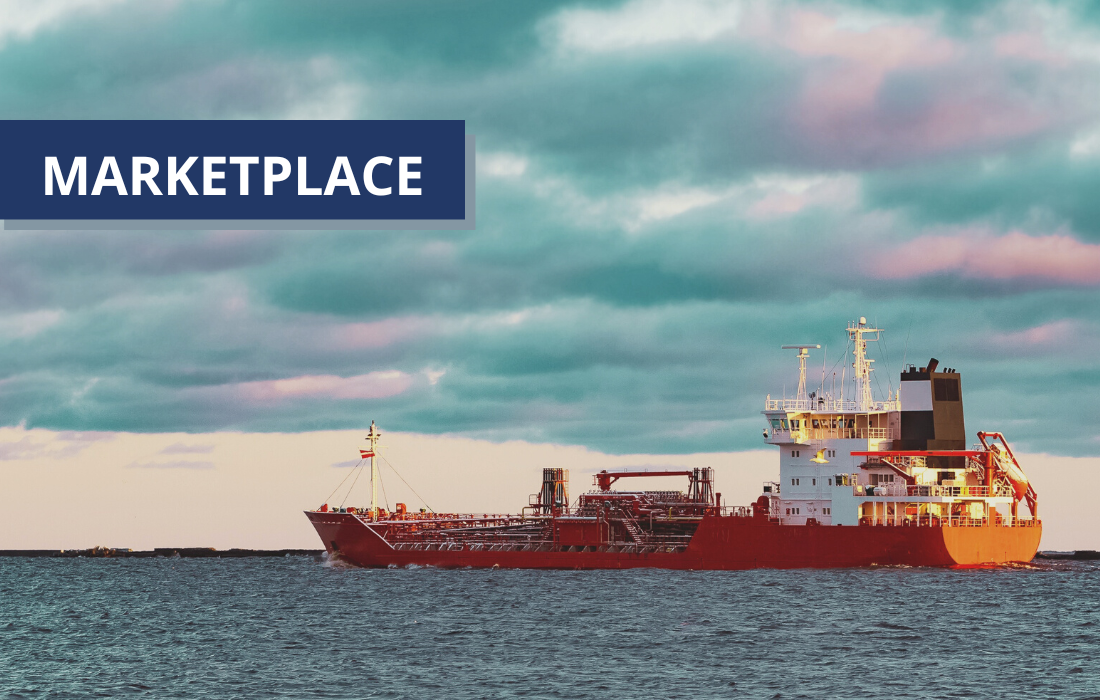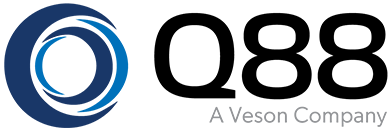
Author: Athina Lekkou, Client Services Director | Q88
Q88 has helped connect the industry for over 20 years, and it is a principle we live and work by. An integral part of achieving that is connecting with the industry, and our collaboration with our valued customers and with INTERTANKO is central to doing exactly that. As the industry has gone through challenging times with world events and the pandemic, 2022 is also bringing significant changes to regulatory compliance, with HVPQ 6 and SIRE 2.0 being on top of the list. On July 4th, HVPQ 6 went into a six-month transition process, with the industry to be fully migrated by early January 2023. In addition, there will be a major shift in the tanker vetting process in October, when the current Ship Inspection Report Programme (SIRE), launched by OCIMF in 1993, is replaced by SIRE 2.0. As the industry continues to meet the challenges of regulations and the overall market turbulence, we endeavor to play our part by understanding the changes and delivering appropriate solutions and the highest quality services to meet the industry’s expectations
In May, we had the pleasure of attending three INTERTANKO meetings, the first one being Athens’s Intertanko Hellenic and Mediterranean Panel. The presentation focused primarily on SIRE 2.0 webinars, supporting documentation, types of questionnaires, concepts, and focus on significant risks. After all that, the Chairman of the Vetting Committee delivered a presentation addressing the key changes coming with the introduction of SIRE 2.0 by underlining the vital role that INTERTANKO and the Vetting Committee play in contributing to OCIMF, particularly in the review and development of guidance and training materials.
Second in line was the INTERTANKO Annual General Meeting- London. During this meeting, full members and associate members of the association confirmed the previous year’s financial reports and discussed membership issues. Of course, the next hot topic in the tanker industry and indeed at the London meeting was SIRE 2.0. A panel consisting of OCIMF and INTERTANKO representatives gave a presentation on the development of the SIRE 2.0 and engaged with the audience on discussions around the implementation of the SIRE 2.0 program.
A third INTERTANKO gathering was held just two weeks later, in Dubai this time. Here, four committee meetings took place over two days. Q88 was given the opportunity to make a short presentation to the Vetting Committee, followed by a more extended Q&A session, to inform them on all matters that we assist our tanker operator customers on. The presentation included:
- Recent Developments of our product like the SEDNA Integration, dashboard, new Q88 Onboard, and Q88 Pro products and cargo history features.
- Upcoming developments with HVPQ 6 | SIRE 2.0 | Certificates | Q88 v.6.
- Our recent acquisition by Veson, and details of which members were interested in.
Of particular interest to members of the INTERTANKO Vetting Committee was where we stand with the challenges presented by the SIRE 2.0 regime, the status of Integrations with Oil Companies and Terminals, and any other new tools to be included in our vetting platform.
OCIMF has been working on this project since 2017, and although it will be coming to fruition later this year, many questions and apprehensions remain across the industry.
While the current SIRE program is considered to be a highly successful driver in improving safety management on tankers, recent changes have been made to ensure that tanker vetting practices can keep up with the changing risk profile of the tanker industry. SIRE 2.0 program will consist of a risk-based questionnaire tailored to individual vessels’ risk profile.
The process will start off with a Pre-Inspection Questionnaire (PIQ) along with supporting documents and photos. This will allow the inspectors to familiarize themselves with the vessel before they arrive to perform the actual inspection. The Vessel Inspection Questionnaire (VIQ) will transition from a static document that is completed with Yes/No answers to the new VIQ, which is divided into four subcategories: Process, Hardware, Human, and Photos.
We will also be working on our Vetting Module to be able to support some of the new changes in the pipeline. Keeping in continuous contact with our clients, gaining valuable feedback, and participating in INTERTANKO Meetings and other research enable us to begin the transition on our platform to support the members. We are working to help with some of the time-consuming tasks that will take place before the actual inspection, allowing you to store the required documentation on our platform for your fleet. This will save you valuable time and enable your shore staff and officers onboard to focus during the inspection.

